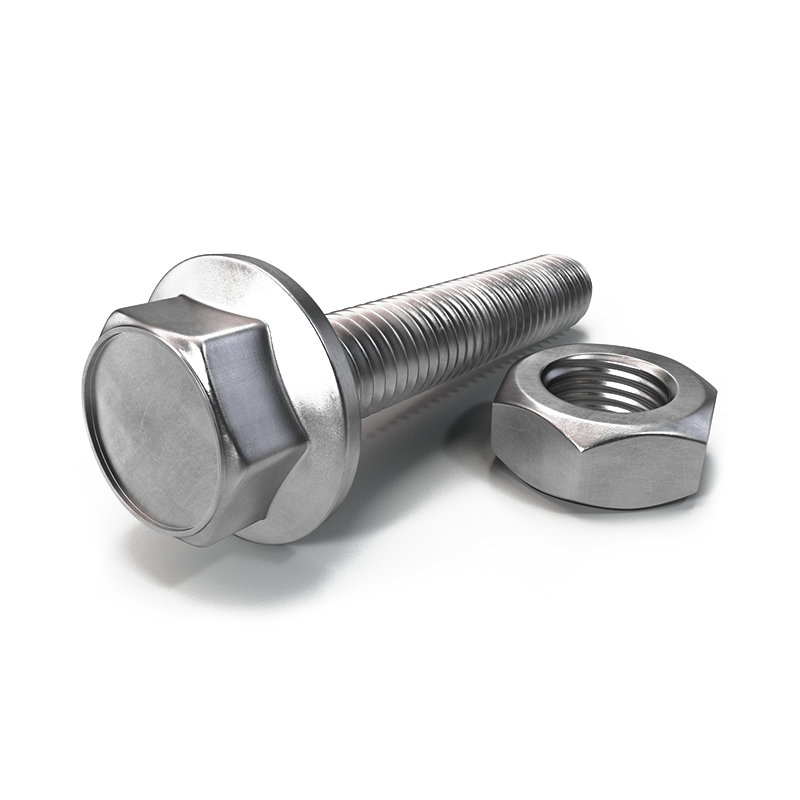In high-vibration environments, carbon steel screws, stainless steel screws, and alloy steel screws each have distinct advantages and limitations based on their material properties, strength, and resistance to fatigue and corrosion.
1. Strength & Hardness
-
Carbon Steel Screws: Medium- to high-carbon steel screws offer good tensile strength and hardness, making them suitable for load-bearing applications. However, they are more susceptible to wear and fatigue over time in high-vibration conditions.
-
Stainless Steel Screws: Generally softer than carbon steel, with lower tensile strength (unless cold-worked or made from high-strength grades like A4-80). They are more ductile, which can help absorb vibrations but may lead to faster thread deformation under dynamic loads.
-
Alloy Steel Screws: Typically heat-treated for enhanced strength, alloy steel screws exhibit superior tensile and shear strength, making them ideal for extreme load and vibration conditions, such as aerospace or automotive applications.

2. Fatigue Resistance & Durability
-
Carbon Steel Screws: Susceptible to fatigue failure due to cyclic loading, especially in untreated or uncoated forms. Proper heat treatment can improve durability.
-
Stainless Steel Screws: More resistant to fatigue than standard carbon steel but prone to galling, which can be problematic in high-vibration assemblies.
-
Alloy Steel Screws: The best choice for fatigue resistance due to their high toughness and strength, particularly when tempered correctly.
3. Corrosion Resistance
-
Carbon Steel Screws: Poor corrosion resistance unless coated (e.g., zinc-plated, galvanized, or phosphate-coated). Corrosion can weaken the material, reducing vibration resistance over time.
-
Stainless Steel Screws: Excellent corrosion resistance, making them ideal for humid or marine environments where vibration and moisture are present.
-
Alloy Steel Screws: Moderate corrosion resistance, typically requiring protective coatings to prevent rust, especially in harsh environments.
4. Loosening Resistance in Vibrations
-
Carbon Steel Screws: More prone to loosening if not properly secured with lock washers, thread-locking compounds, or self-locking nuts.
-
Stainless Steel Screws: More likely to experience thread deformation under vibration, but with proper locking mechanisms, they can maintain tightness well.
-
Alloy Steel Screws: Superior resistance to loosening due to higher strength and precision-threading capabilities, often used in critical applications requiring high reliability.


 English
English 中文简体
中文简体 Español
Español русский
русский عربى
عربى







